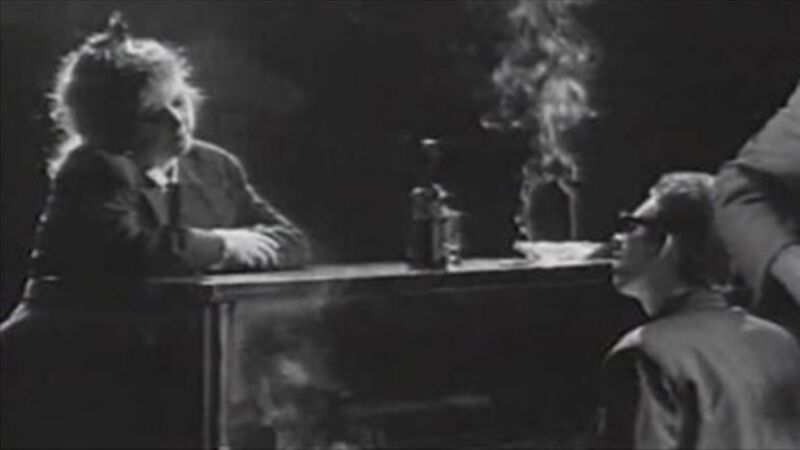Watch your words. They are powerful weapons and there’s a war on!

The playwright Brian Friel described his masterwork Translations as “a play about language and only about language”.
Though he confronted issues — imperialism, subjugation, and the tsunami power of love — each orbits his heartbeat theme: How our understanding of our world is shaped by how we describe it, by how the medium becomes the message.
















